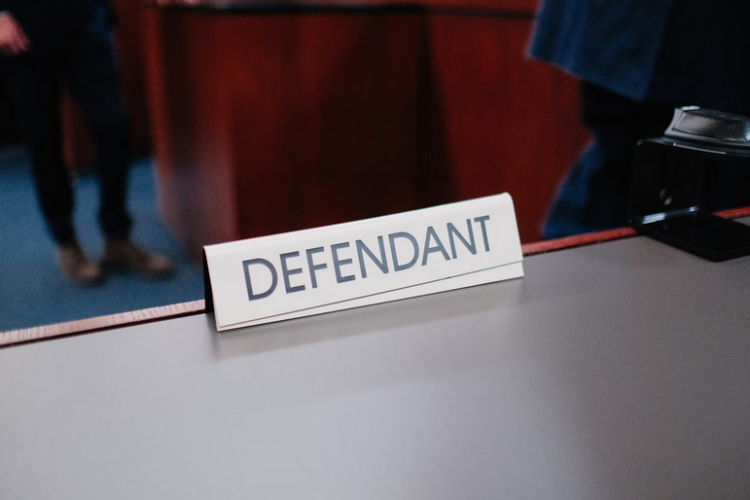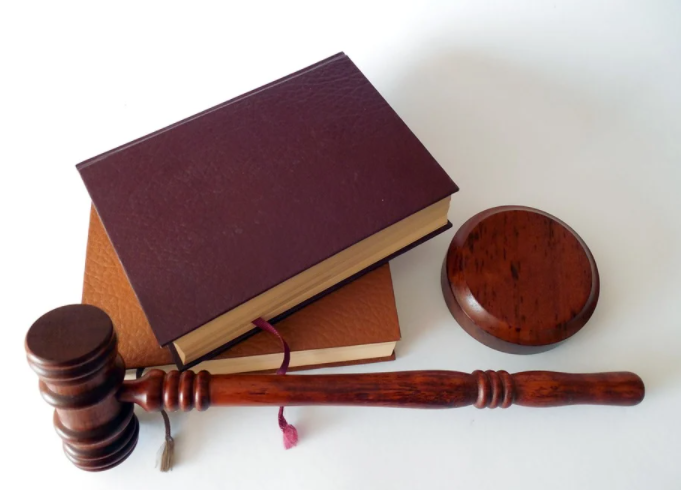
Inside the Courtroom: Effective Criminal Defense Strategies You Need to Know
Welcome to the high-stakes world of criminal defense, where every word can tip the scales of justice and every strategy could mean the difference between freedom and conviction. Whether you’re an aspiring lawyer, a curious observer, or someone who finds themselves facing legal challenges, understanding effective criminal defense strategies is essential. In this blog post, we’ll pull back the curtain on courtroom tactics that seasoned attorneys rely on to protect their clients’ rights and navigate complex legal waters. From jury selection techniques that secure favorable verdicts to powerful cross-examination skills that unearth critical truths, get ready to dive deep into the art—and science—of defending against criminal charges. So, grab your gavel (or just a comfortable seat), because it’s time to explore what goes on inside those hallowed halls of justice.
The Truth Will Set You Free—If It’s Self-Defense
One of the most powerful defense strategies is self-defense. If someone was threatening you or someone else, and you reacted to protect yourself, that can be a solid legal argument. The key is proving it was reasonable—like showing you genuinely believed you were in danger. It’s not a free pass, though. Courts look at whether your response matched the threat. So, if someone shoved you and you pulled a knife, that might not hold up. You can find examples of how this plays out in real cases by browsing the Legal Directory, where similar defenses and their outcomes are often documented.
Alibi: Proof You Weren’t There
An alibi is one of the oldest and most straightforward defenses moves out there—and for good reason. If you can prove you were somewhere else when the crime happened, you’re off the hook. Think receipts, GPS data, video footage, or witness testimony. It’s all about showing there’s no way you could’ve committed the crime because you simply weren’t there. A strong alibi can dismantle a case fast.
Challenge the Evidence: Nothing’s Bulletproof

Police reports, forensic evidence, witness accounts—they all sound intimidating. But guess what? They’re not always reliable. A good defense lawyer knows how to pick that stuff apart. Maybe the evidence was mishandled, maybe a witness got it wrong, or maybe there was a lab error. If the defense can show the jury there’s room for doubt, that can weaken the prosecution’s case in a big way.
Plea Deals: Sometimes Less Is More
Not every case goes to trial—and honestly, sometimes that’s a good thing. Enter the plea deal. It’s when the defendant agrees to plead guilty to a lesser charge in exchange for a lighter sentence. It’s not admitting defeat; it’s playing smart when the odds are stacked. A plea deal can mean less jail time, fewer fines, or even avoiding a felony record altogether. When the evidence is overwhelming, this strategy can be a lifesaver.
Insanity Defense: Rare, but Real
Let’s bust a myth—pleading insanity doesn’t mean someone just fakes being crazy. It’s a legit legal strategy but super hard to prove. The defense has to show that, at the time of …



 This is a great way to judge whether or not the lawyer can see what others say about the lawyer. Search the web for testimonies from former clients. Do not be surprised if you see negative criticism from a particular defense attorney. You can find a Seattle criminal lawyer from someone who already knows your firm. If you or a friend play golf with a lawyer, you could probably point to a Seattle criminal attorney in your city. Perhaps a friend or relative is in trouble with the law, and that person may be able to give you some advice.
This is a great way to judge whether or not the lawyer can see what others say about the lawyer. Search the web for testimonies from former clients. Do not be surprised if you see negative criticism from a particular defense attorney. You can find a Seattle criminal lawyer from someone who already knows your firm. If you or a friend play golf with a lawyer, you could probably point to a Seattle criminal attorney in your city. Perhaps a friend or relative is in trouble with the law, and that person may be able to give you some advice.